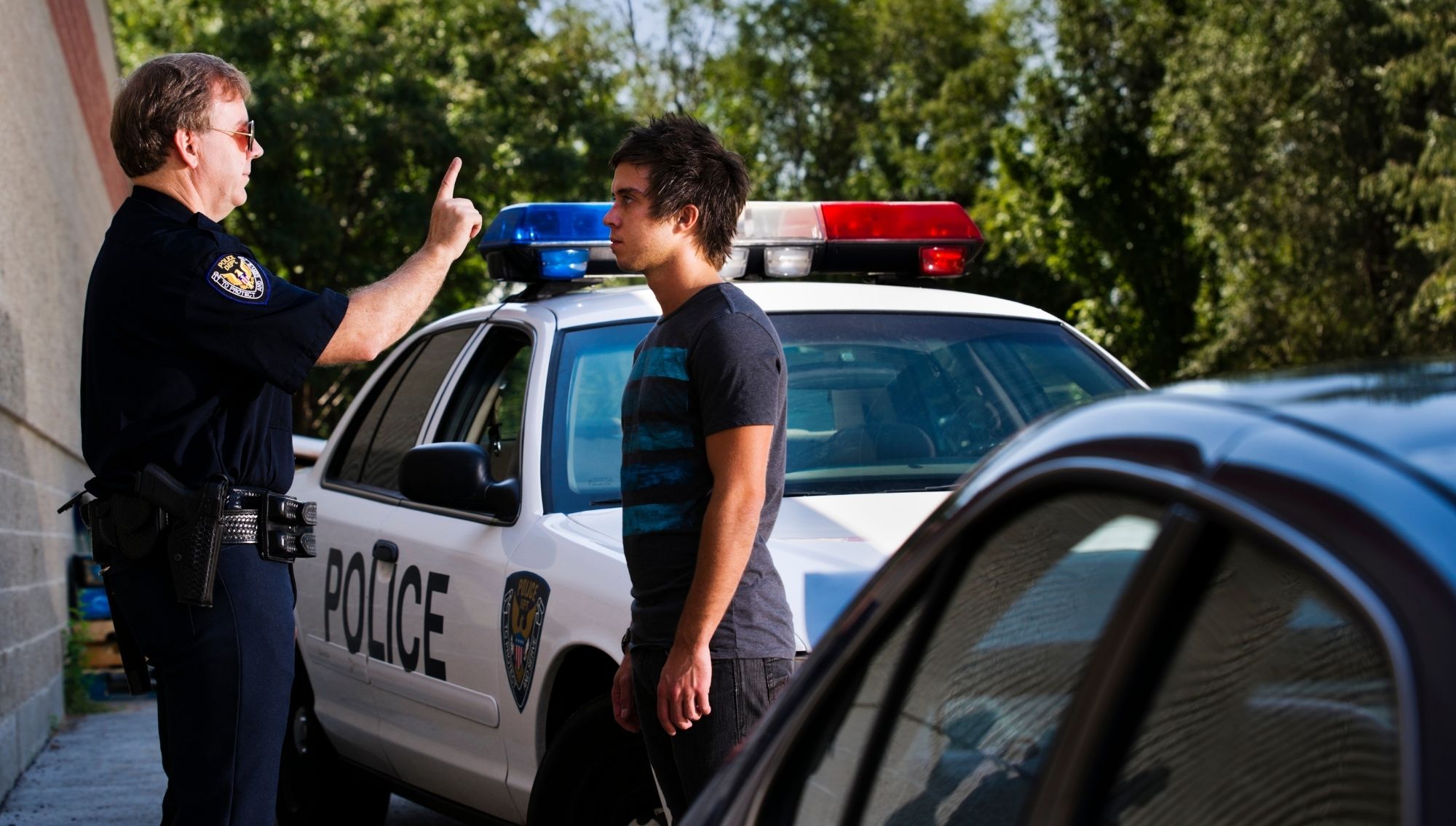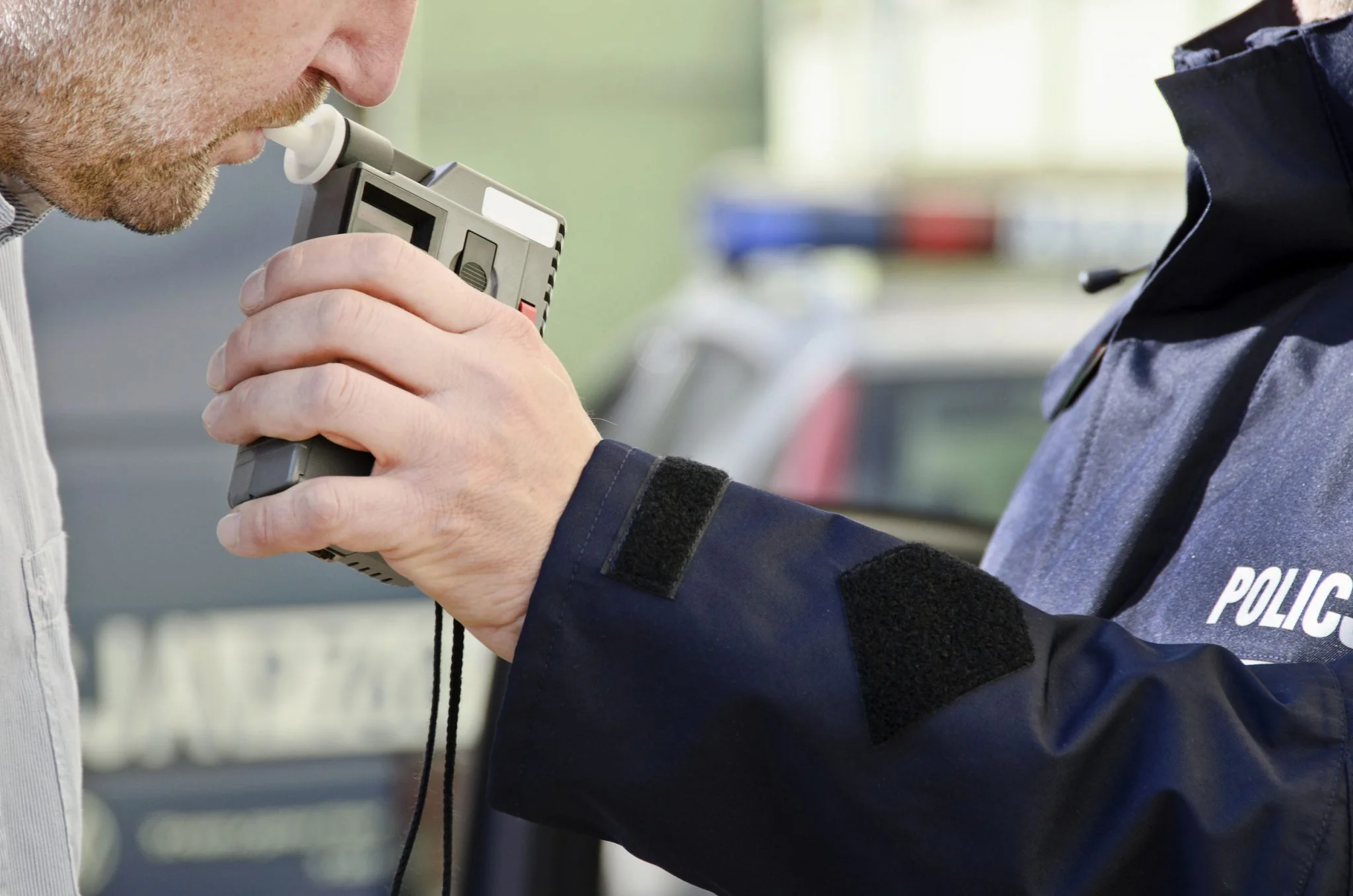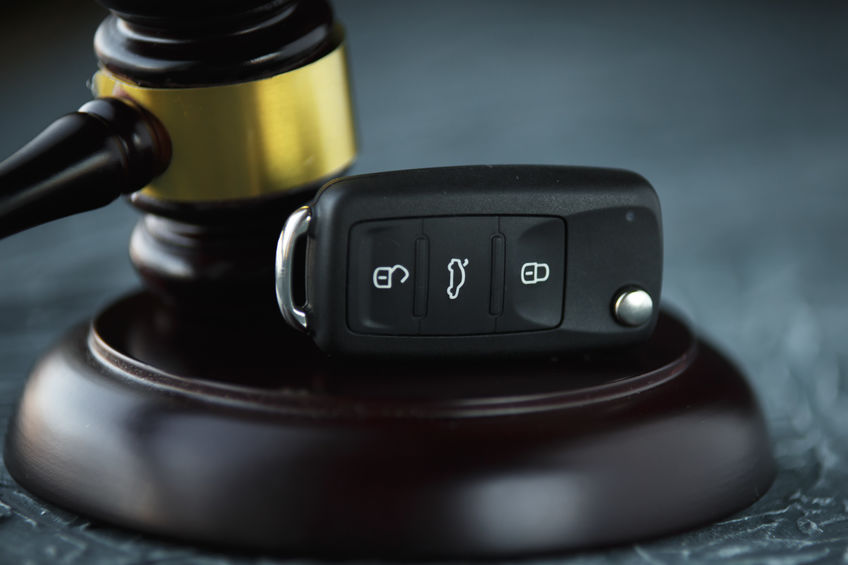Major Stages of a Misdemeanor DUI Court Process

Major Stages of a Misdemeanor DUI Court Process
A DUI charge is under Vehicle Code 23152(a). You might also be facing criminal charges and possibly having your driver’s license suspended or revoked after a DUI court process.
Nearly all DUIs are misdemeanor charges, and they are prosecuted in the same manner as other misdemeanors. Arraignment, pretrial conference, and trial are the three major stages of the DUI court process. Read on to find out the major stages and how DUI trials are handled.
1. Arraignment for DUI Court Process
Arraignment is your initial court appearance, where you will present a defense to the criminal DUI allegation. Usually, you should enter a “not guilty” plea. You will get the official complaint and any supporting documentation during this stage of the procedure.
A brief court appearance called an arraignment allows you to enter a guilty, not guilty, or nolo contendere plea (no contest). The judge will read the charges against you, but if you have legal counsel, they will usually petition to have this reading omitted.
Also, the judge will read your legal rights to you, such as your right to a solicitor and not to confess anything. Bail may also be set during the arraignment in some DUI instances. This is necessary if you are detained, which is uncommon in DUI situations. Your attorney will ask the prosecutor for discovery documents If you decide to contest the DUI charges and file a “not guilty” plea.
2. Pretrial Conference
During this stage of DUI court process, your solicitor will meet with the prosecution, evaluate the evidence, and discuss any potential plea bargains or charges being dropped. Often, your pretrial meeting follows the arraignment by a few weeks. You should schedule a meeting with your attorney to discuss motions, court requests, and anything else relevant to your case.
3. Trial
A trial will be held to cross-examine witnesses like the policeman if necessary. However, only a few DUI cases proceed this far in the legal system.
Finally, It is crucial to know that most DUI cases are settled before trial. Interestingly, you can win a case by having it thrown out before the trial. Having a skilled criminal defense attorney will guide you through the process and help you get the best possible outcome.





